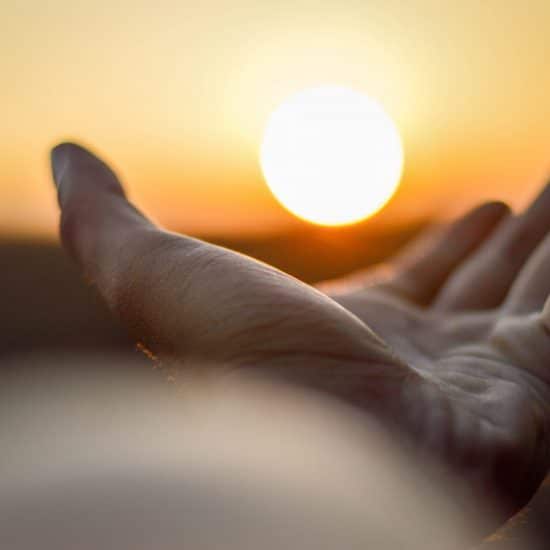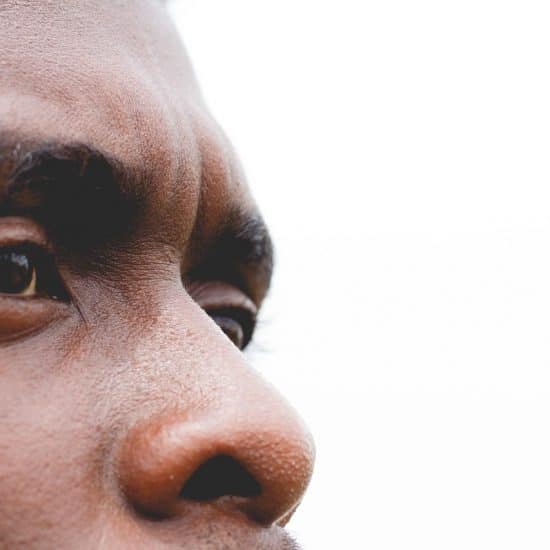As I scanned Internet accounts of Martin Luther King Jr. Day commemorations, one image jumped out at me: Birmingham Mayor William Bell and other adults leaned over wash pans to wash the feet of youngsters before presenting each with a new pair of shoes.
The mayor and others were representatives of Samaritan's Feet who participated in the Shoes of Hope distribution in 12 cities across America, washing the feet of 10,000 children and homeless people and fitting them with new shoes.
These weren't the only volunteers to participate in the national day of service to mark the legacy of King and his dream of the "Beloved Community." Acts of service and kindness were carried out across the nation as a way to put hands and feet to the cherished words of the civil rights leader and preacher.
In the photo, 5-year-old Cameron Watson of Central Park, Ala., watched as the gray-haired mayor — sporting a white shirt, a tie and a smile — carefully washed and dried each little foot.
Most of the children realized the foot-washing was a necessary prerequisite to receiving a new pair of shoes. Samaritan's Feet organizers said they hoped that the shoes would not only meet the needs of those who received them but serve as reminders "of the love and kindness that was shared with them" on the special day.
Good works can be accomplished without the personal touch, of course. We do this when we contribute to charities in our own communities and to agencies that render service across the world. It is possible to accomplish good deeds without sacrifice.
One of my sons and I watched a news clip showing the exterior of the motel where Dr. King was assassinated in Memphis on April 4, 1968. It was a typical motel for the time, with exterior entrances to the rooms. My son and I agreed that it was plain, hardly the kind of place where a modern-day person of importance might choose to stay.
Today the Lorraine Motel is part of the National Civil Rights Museum.
We reminded ourselves that the civil rights movement was hardly a well-financed movement. For the most part, it was a movement of people who were not prominent individuals but poor people, under-employed breadwinners and victims of racism and its economic consequences.
Martin Luther King Jr. and other civil rights leaders would not have been welcome to lodge at fancier motels and hotels either because of their controversial cause or — more likely — their color.
Often, civil rights champions were forced to be humble, but their cause also was marked by self-chosen humility. They knew they might be jailed, beaten, ridiculed and even targeted for death. They demonstrated humility by choosing a path that demanded a price with a hope and belief that America might still become the "Beloved Community," even if they didn't live to see it for themselves.
To be sure, the foot-washing in 12 cities was scripted. But just as Jesus demonstrated its value as one of his final acts before his own death, when you experience a powerful act of humility, it has a way of helping you see more clearly and make you a better person.
On Jan. 16, a lot of youngsters went home, showed off their new shoes and asked their parents, "But why did that person wash my feet?" New shoes become worn and are soon discarded, but acts of humility and service often linger long in our memories.



